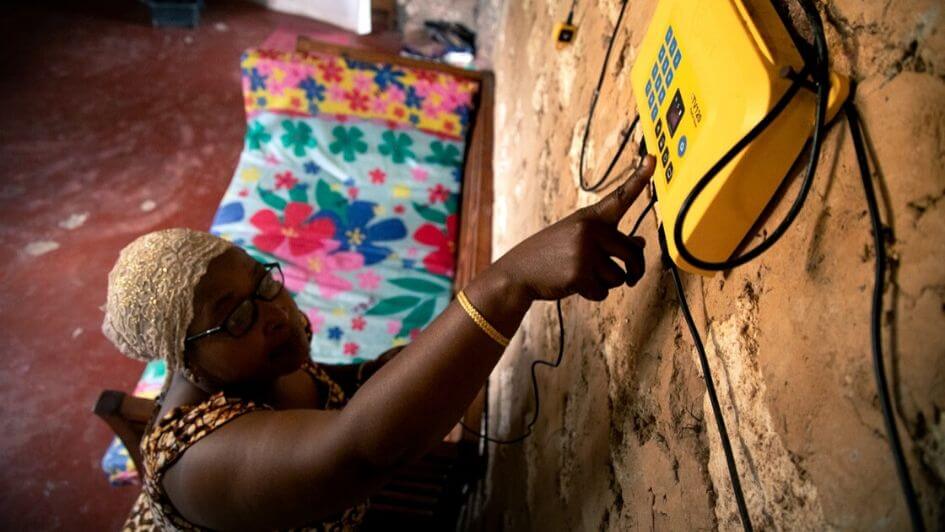Power for All is a campaign in support of the decentralized renewable energy sector, and a campaign’s job is to constantly challenge the status quo and never "settle". But as we move into the third decade of the 21st century, it is worth taking a moment to reflect on the past 10 years, and appreciate the positive change we have been responsible for. To be sure, we still have a huge challenge ahead in wiping out energy poverty, but below are 4 achievements by our sector that are worth celebrating.
-
Real legitimacy: a decade ago, distributed and off-grid solutions were largely seen as a joke ("its not baseload power","its not 'real energy'"), something that couldn’t possibly make a serious dent in energy poverty. That is clearly no longer the case: the major development banks have made mini-grids and standalone solar key components of their strategies; governments have embraced distributed solutions and are seeking private sector help to increase their ability to create integrated energy systems (think Konexa in Nigeria, or Tata Power in India), not just focus on grid extension; multinationals have embraced distributed renewables as core to their expansion strategy in emerging markets.
-
Real impact: Whether you entirely trust the statistics or not, fewer people live in darkness today. In 2010, according to the World Bank, the global population without electricity was 1.2 billion. It is now 840 million, with countries like India, Bangladesh, Kenya and Myanmar making great strides over the past decade. That is a 30% decline in the number of unelectrified. According to GOGLA, most of that decrease is because of our industry: it says 280 million people have benefited from off-grid solar systems since 2010. And impact is now being felt outside the home, for commercial & industrial (C&I) businesses, in agriculture, in healthcare delivery, in employment and on and on.
-
Real money: for decades used to big checks for big deals, governments and their donors started to unlock finance for smaller, distributed deals. Sure the gap is still huge, but we’re seeing not only the amount of capital growing, but also types of capital diversifying, and the ultimate levers -- risk mitigation and bundling/securitization -- starting to gain traction. Investment in off-grid surpassed $500 million in 2018, about one-third of the total investment up to that point. In 2010, most off-grid companies didn’t even exist, so investment was essentially zero.
-
Real innovation: the distributed energy sector has been an engine of innovation, having rapidly evolved from simple, commoditized portable lighting products to systems that embrace IoT and remote monitoring and management, mobile money and other new financing platforms, “beyond lighting” appliances to address cooling, processing, irrigation and many other pathways to improved livelihoods. It’s no longer only about the household, but growing rural economies with women and youth at the center. And it’s no longer only about imported innovation, but indigenous innovation.
The above achievements seemed highly unlikely a decade ago. But the decentralized renewable energy sector has made the impossible possible, and in another decade our vibrant community will no doubt unleash even greater ingenuity, creativity, and character. We will go from “woke” to “lit”.
